Dhaka, August 12 — The Government of Bangladesh has announced that it will cover the medical expenses of students and civilians injured during the recent anti-discrimination student movement. The Health Services Department issued a directive on Saturday instructing public and private hospitals and clinics not to collect medical bills from those currently under treatment as a result of the protests.
The directive, signed by Health Services Department Secretary Jahangir Alam, was released following the violent clashes that erupted during the nationwide movement demanding reforms to the government job quota system. The protests, which began in mid-July, have seen widespread violence, including the use of tear gas, sound grenades, and batons by the police, as well as attacks by affiliates of the ruling Awami League party.
The situation intensified after the death of Abu Saeed, a student from Begum Rokeya University in Rangpur, who was killed during a police crackdown on July 16. This incident sparked further unrest, leading to a significant escalation in violence across the country. According to a report by the Office of the United Nations High Commissioner for Human Rights (UNHCR), at least 650 people have died in the ensuing turmoil.
In response to the growing casualties, the Ministry of Health and Family Welfare has formed a special committee to investigate the injuries and fatalities resulting from the movement. The committee is scheduled to meet on Sunday to discuss and determine the necessary actions moving forward.
The government has pledged to cover the medical costs of all students injured in the protests who are currently receiving treatment in government hospitals. Additionally, private medical institutions have been requested to waive the treatment bills of injured students. The government has assured that it will reimburse these private facilities for the costs incurred.
Many of the injured, some of whom were wounded by police gunfire, continue to receive care in various public and private hospitals across the country. This latest move by the government is seen as an attempt to alleviate the burden on victims and their families while addressing the healthcare needs of those affected by the violence.



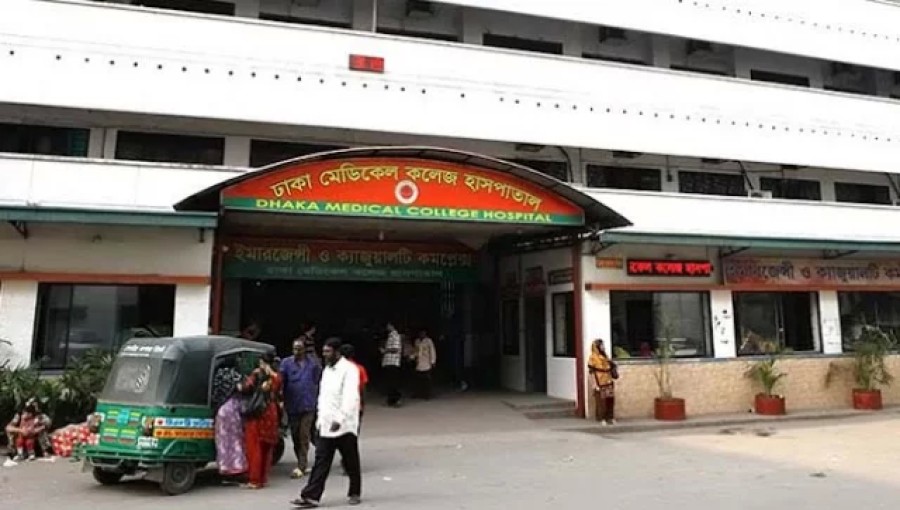
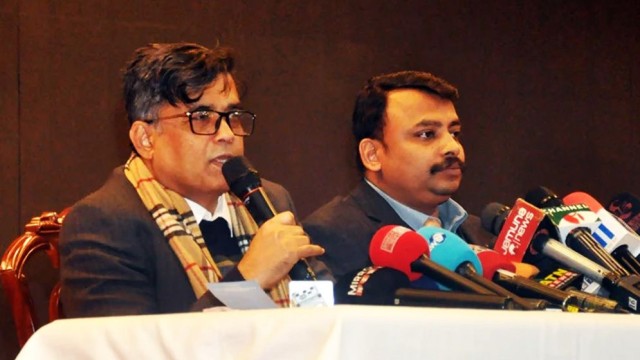
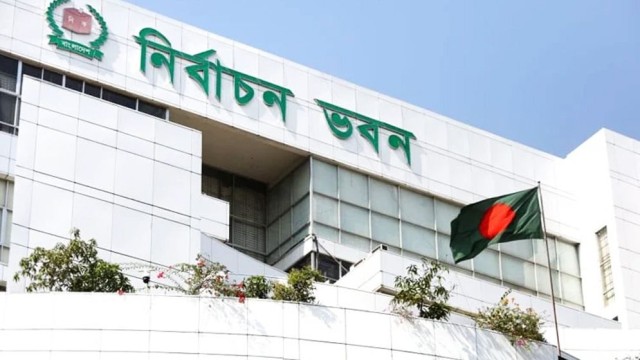
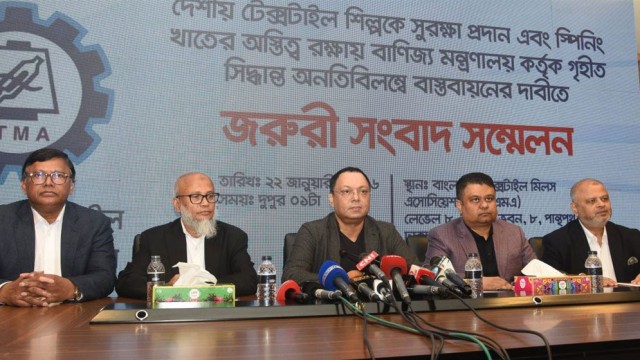
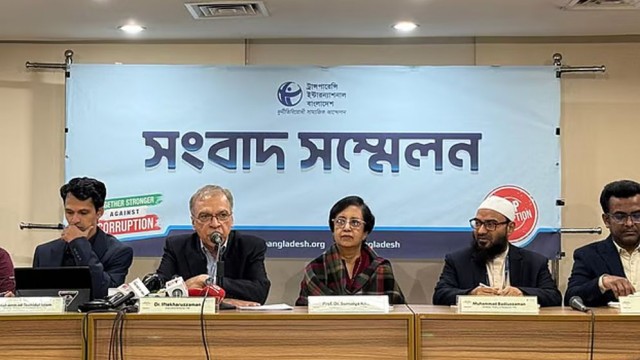
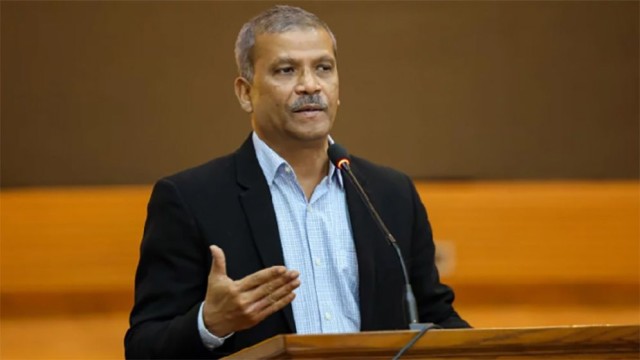
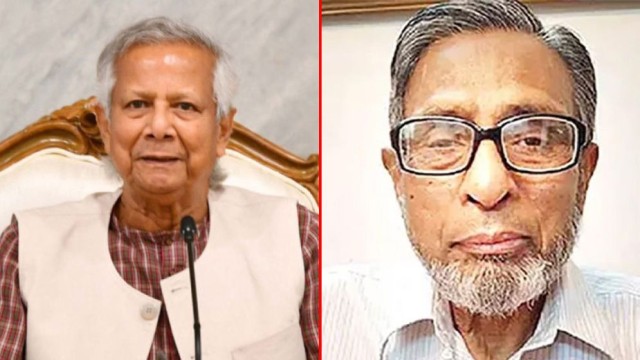
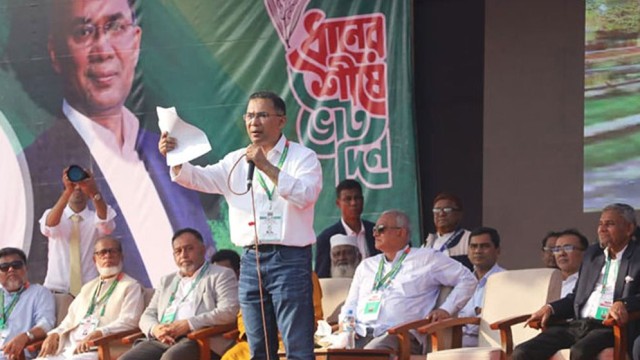


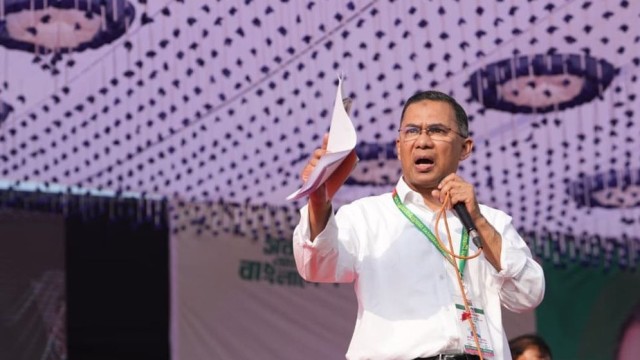
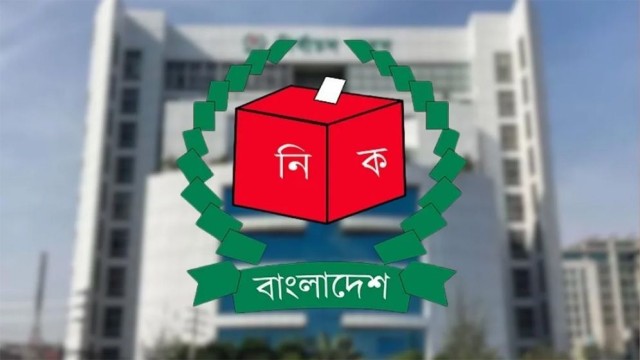
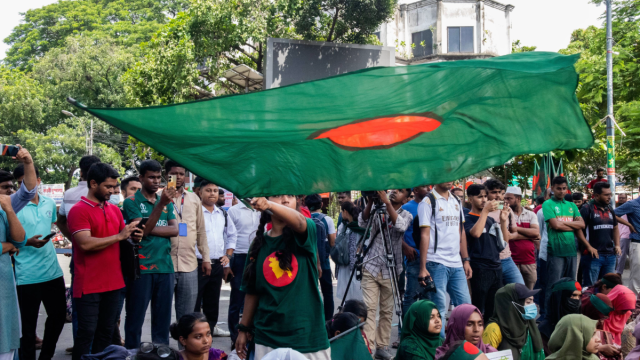
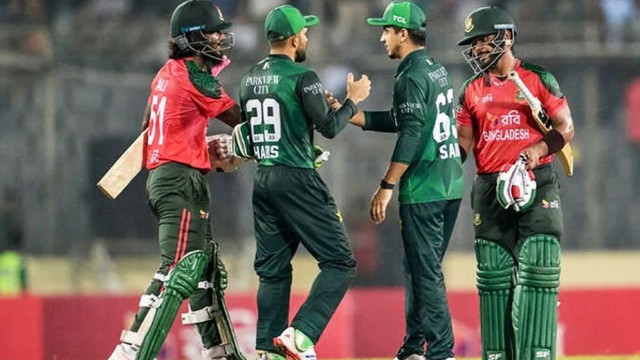








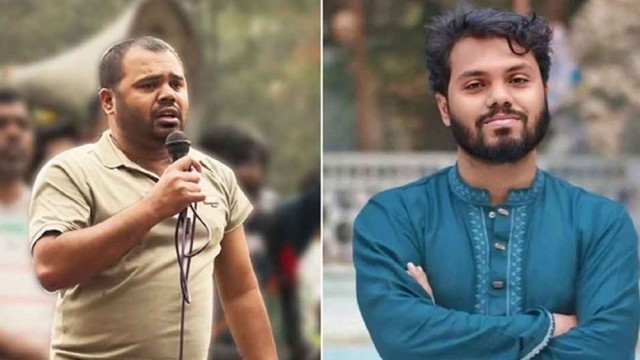

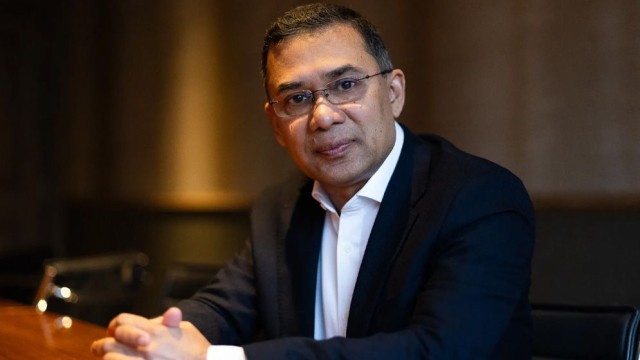
Comment: